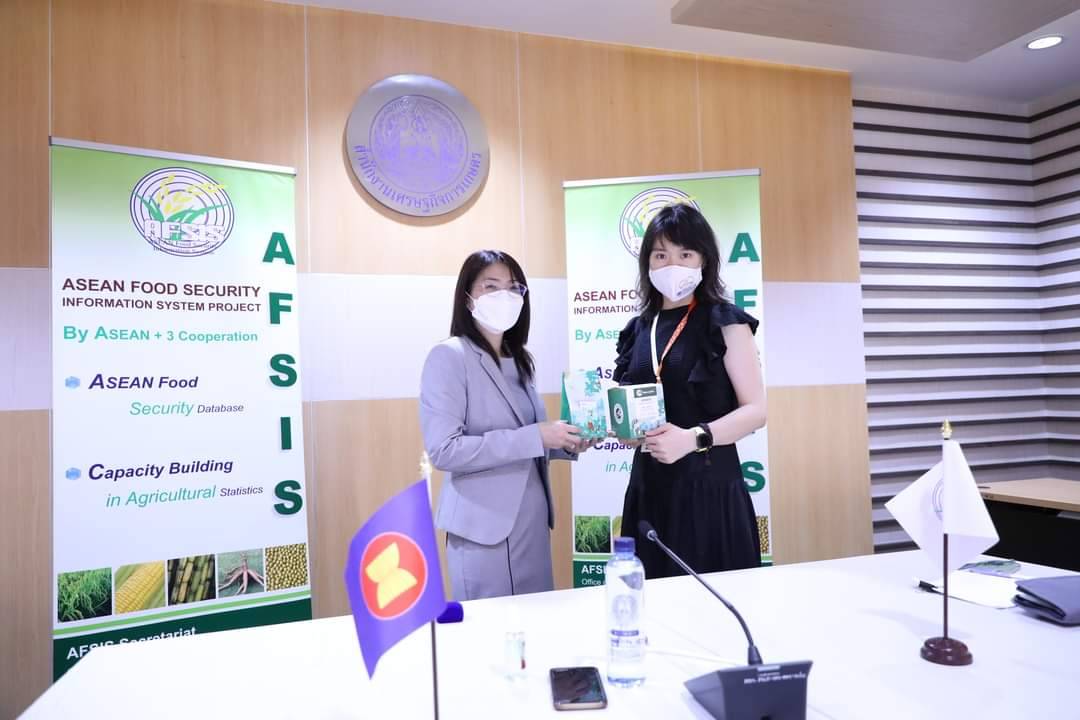
On 13 September 2022, Ms. Chenyang Zhang, a representative of the Odyssey Technical Company Limited from Hong Kong visited the AFSIS Secretariat office.
The Odyssey Technical Company Limited is a multimedia platform company in Hong Kong that focuses on issues regarding sustainable development, South-South cooperation, and agricultural development.
The purpose of this visit was to conduct the interview with Dr. Waraporn Saelee, AFSIS Manager.
During the interview, Dr. Waraporn presented the introduction of AFSIS project including the implementation of AFSIS in 2 main components which are Food security Information Development (FSID) and Human Resource Development (HRD). The HRD aims to raise the capacity of member states to provide related personnel in the member states with knowledge and skills, so they can apply them to their work. While FSID is for disseminating food security-related data that is used for the policy planning and activities in member countries to assess food security situations in the region and identify the areas where food insecurity is likely to occur so they can tackle and support release those difficulties.
The interview is planned to be published on the YouTube channel and on Chinese social media as this interview will be a part of their plan to promote sustainable development concepts through different projects and China's foreign aid to agriculture.
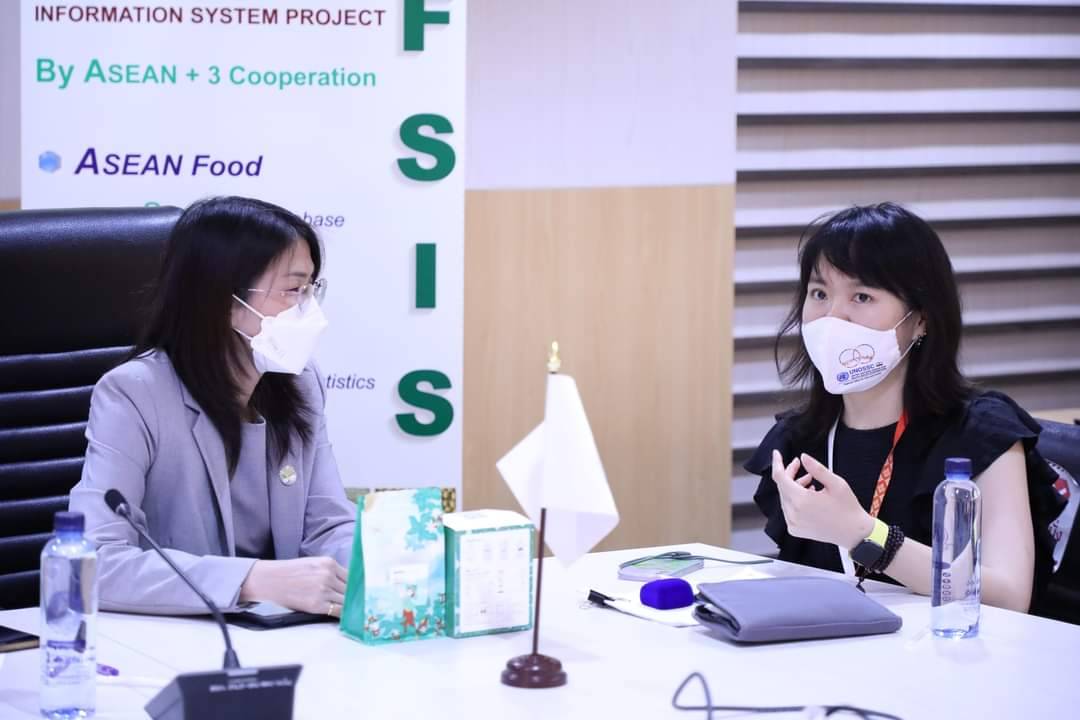

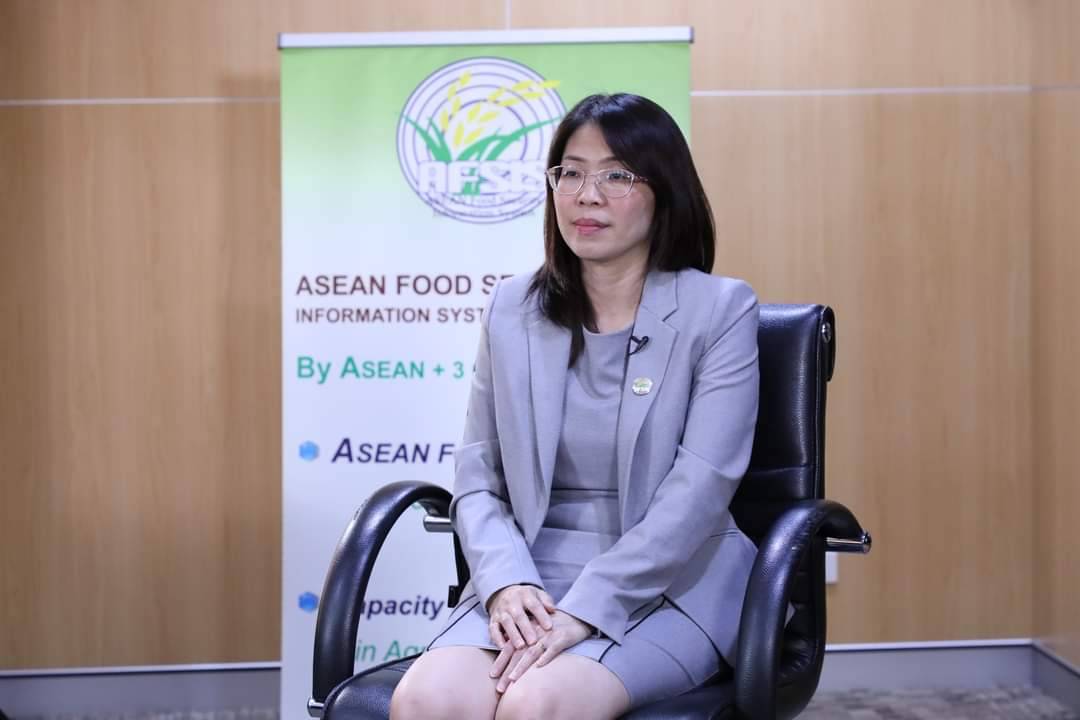
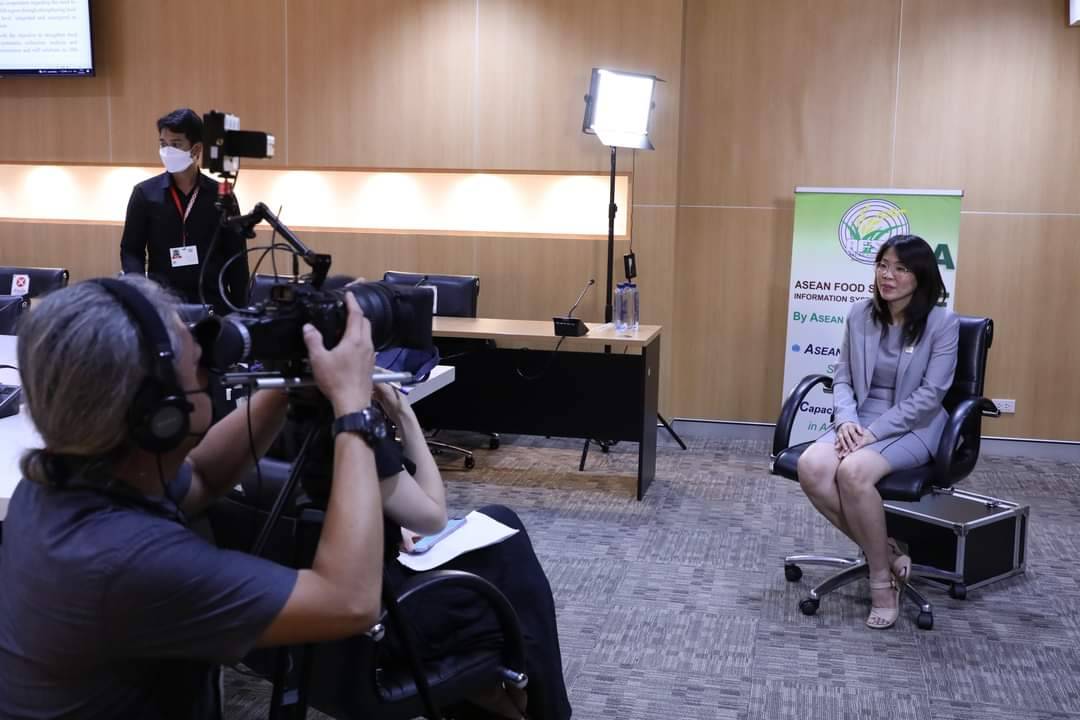
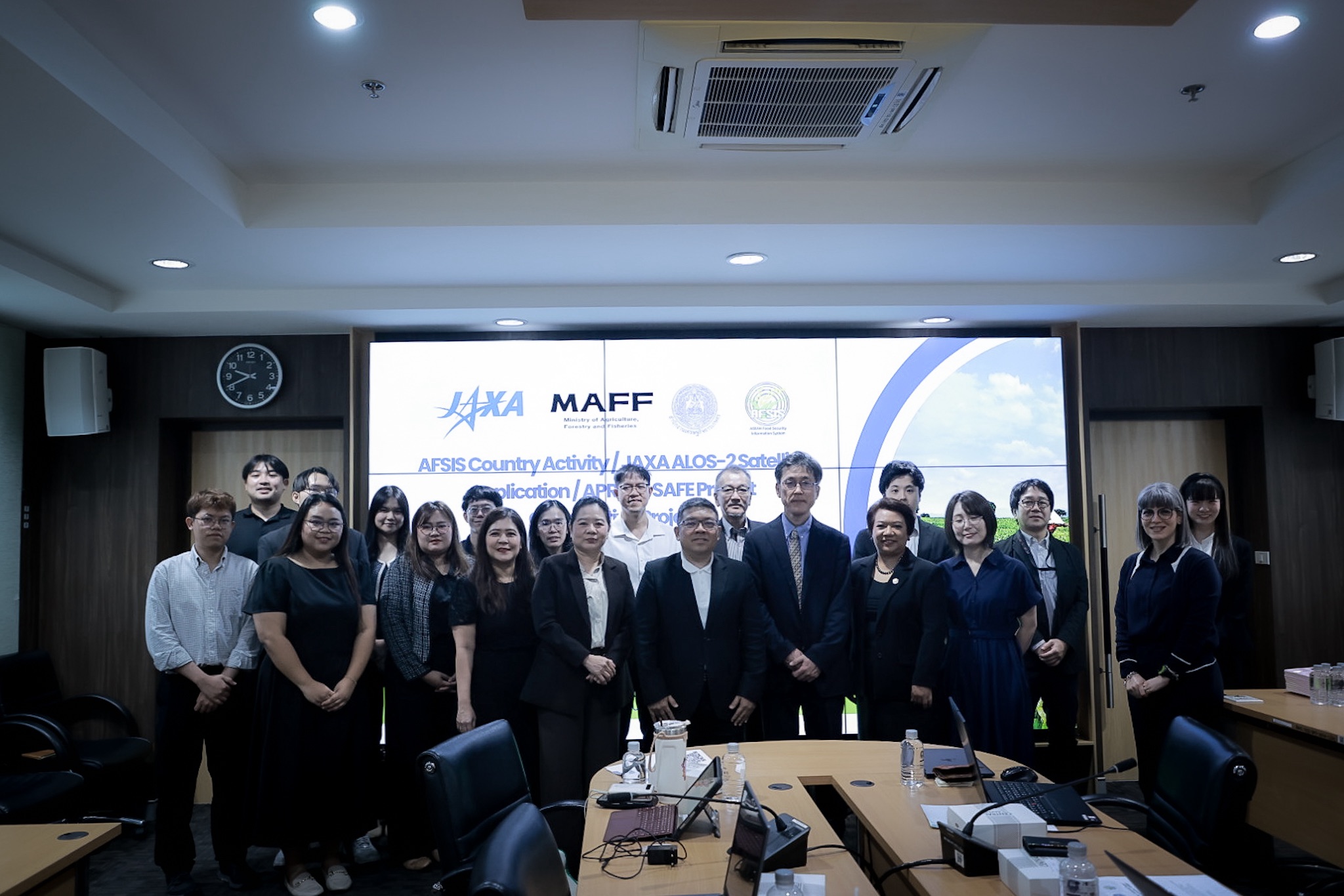
On 12-13 February 2026, the AFSIS Secretariat, in collaboration with the Japan Aerospace Exploration Agency (JAXA), the Remote Sensing Technology Center of Japan (RESTEC), Ministry of Agriculture, Forestry and Fisheries (MAFF) Japan and the Office of Agricultural Economics (OAE), Ministry of Agriculture Cooperatives (MOAC), conducted a workshop conducted a workshop The Promoting Rice Planted Area and Production Estimation Using INAHOR and Space-based Technologies in Thailand at the Meeting Room 2, Innovation Building, 3rd FL, Office of Agricultural Economics (OAE)
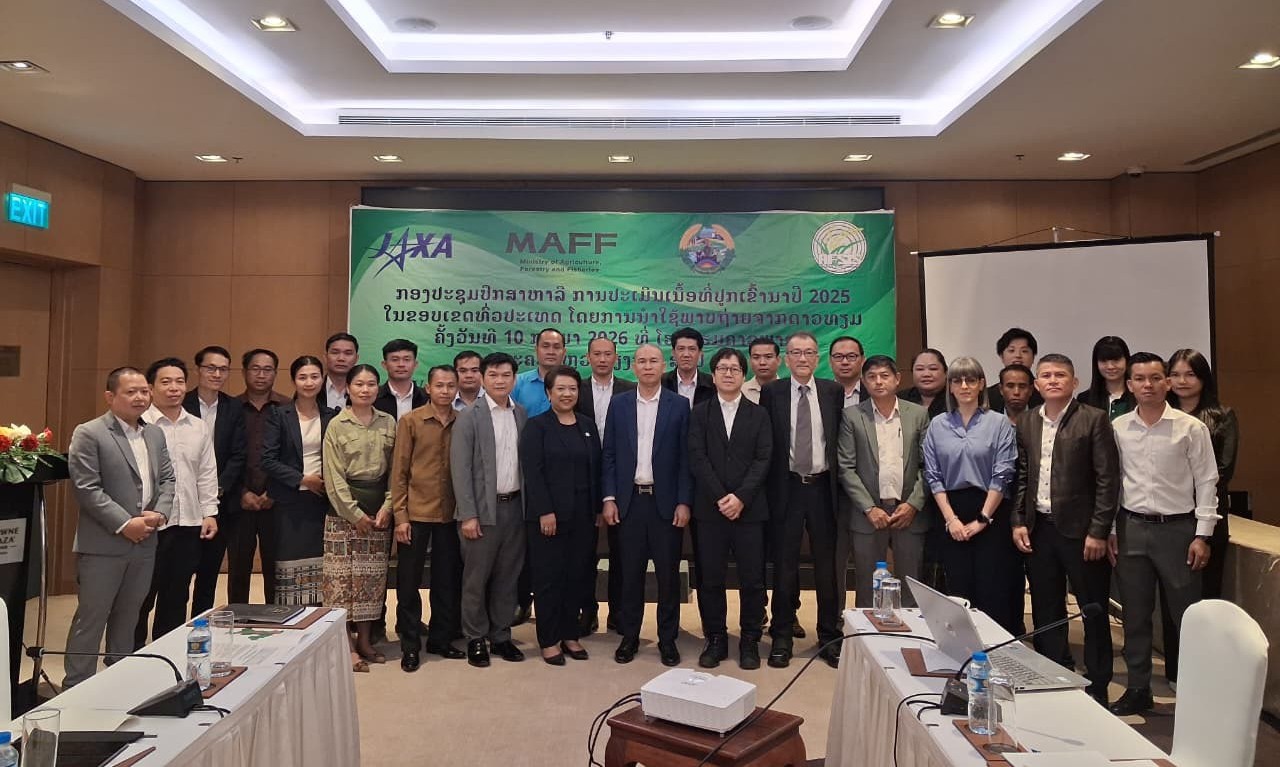
The In-Country Workshop on Promoting Rice Planted Area and Production Estimation Using Space-based Technologies in Lao PDR was jointly organized by AFSIS Secretariat, JAXA, MAFF Japan, and MAE Lao PDR under the AFSIS-GIS and SAFE projects. The event was held in Vientiane with hands-on training on 9 February 2026 and a workshop on 10 February 2026.
.jpg)
On 13–15 January 2026, the Office of Agricultural Economics (OAE), Thailand, in collaboration with the Ministry of Agriculture, Forestry and Fisheries (MAFF), Japan, and the AFSIS Secretariat, conducted the 1st Meeting of Japan–Thailand Expert Dialogue on Agricultural Statistics. The meeting was held at the Office of Agricultural Economics and field survey activities in Chonburi Province.

On 3–4 December 2025, the ASEAN Food Security Information System (AFSIS) Secretariat participated in the ASEAN Plus Three Emergency Rice Reserve (APTERR) Table Top Exercise (TTX) held in Bandar Seri Begawan, Brunei Darussalam.